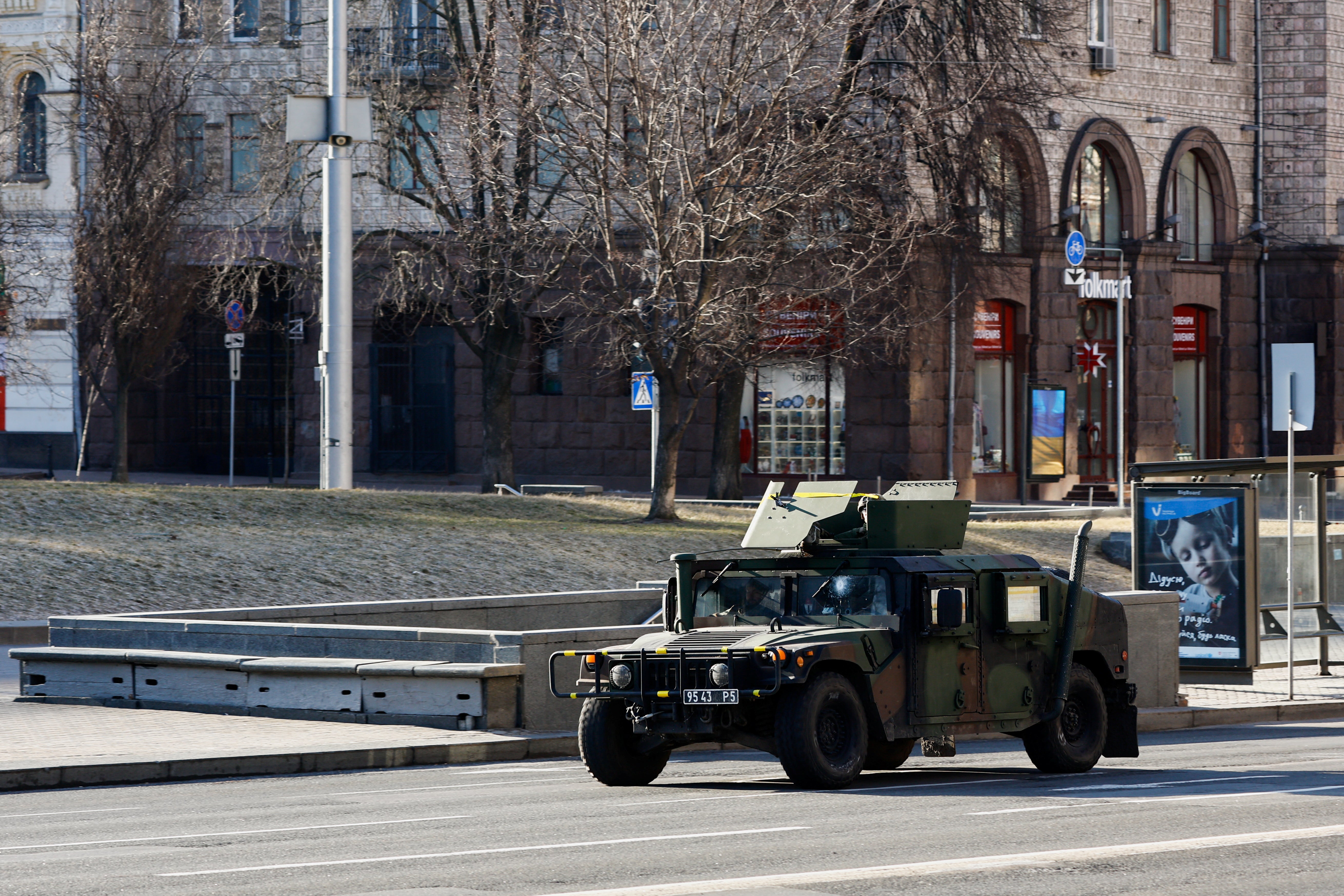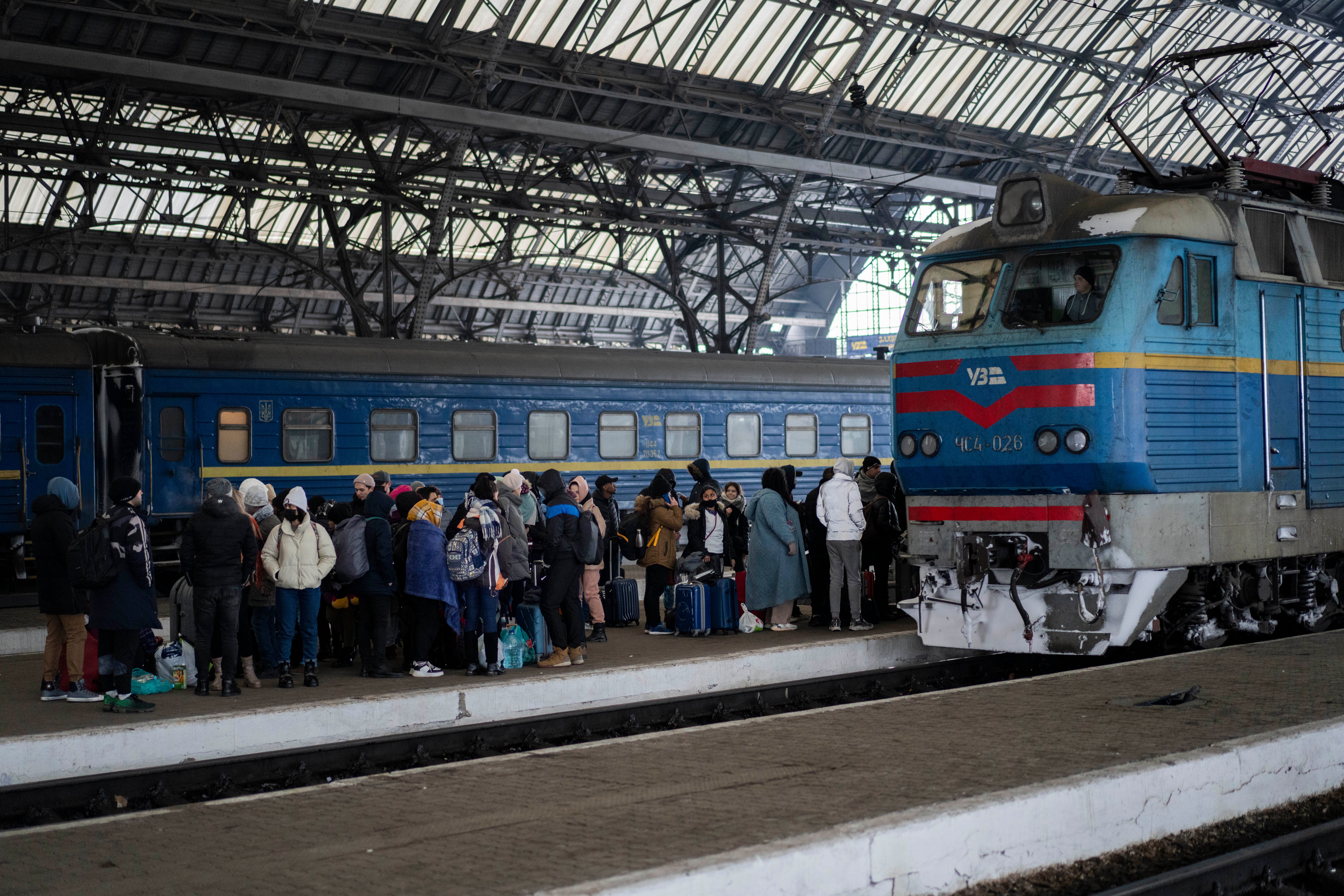Finland stops selling Russian vodka after threat of ‘serious military consequences’ if country joins NATO
Ban comes into force as Russian rouble collapses following heavy heavy sanctions by west
Your support helps us to tell the story
From reproductive rights to climate change to Big Tech, The Independent is on the ground when the story is developing. Whether it's investigating the financials of Elon Musk's pro-Trump PAC or producing our latest documentary, 'The A Word', which shines a light on the American women fighting for reproductive rights, we know how important it is to parse out the facts from the messaging.
At such a critical moment in US history, we need reporters on the ground. Your donation allows us to keep sending journalists to speak to both sides of the story.
The Independent is trusted by Americans across the entire political spectrum. And unlike many other quality news outlets, we choose not to lock Americans out of our reporting and analysis with paywalls. We believe quality journalism should be available to everyone, paid for by those who can afford it.
Your support makes all the difference.Finland is suspending the sale of Russian alcohol to protest against Vladimir Putin's invasion of Ukraine.
Alko, which has a monopoly on Finland's alcoholic beverage market, made the move on Monday as the war entered its fifth day.
"The situation in Ukraine is exceptional and shocking, and we have taken the situation seriously," Anu Koskinen, Alko's vice president of selection and procurement, said in a statement.
The company said it had been in talks with various parties since the war broke out on 24 February, including with companies who import beverages such as Russian vodka, which is popular in Finland.
Customers have also "expressed concern" about the ongoing crisis in Ukraine, where fierce fighting continues in several cities across the country, including in capital Kyiv.
The ban came into force on Monday, 28 February and will continue indefinitely.
It came as Russia's currency, the rouble, plunged against the US dollar after western nations moved to tighten sanctions against Russia, blocking some of its banks from the SWIFT global payments system.
Responding to the collapse, the Russian central bank raised its key rate to 20 per cent from 9.5 per cent in a desperate attempt to shore up the plummeting currency and prevent a run on banks.
That brought a temporary reprieve for the Russian currency, which bounced back to the level it was at last week, but only briefly.
The ruble plunged more than 30 per cent after the move to block Russian banks from the SWIFT payments system.

The sanctions include restrictions meant to crimp the Russian central bank's access to over $600 billion in reserves and hinder its ability to support the ruble.
A weaker rouble is expected to cause inflation to surge, potentially angering Russians whose budgets will be stretched by soaring prices.
It will also add to strains across Russia's financial systems.
Finland was among a number non-Nato aligned European countries to brush off Moscow's warning that joining the military alliance would trigger “serious military-political consequences”.

A statement from the Russian Foreign Ministry on Friday voiced concern about what it described as efforts by the United States and some of its allies to “drag” Finland and Sweden into NATO and warned that Moscow would be forced to take retaliatory measures if they join the North Atlantic grouping.
Pekka Haavisto, Finland's foreign minister, said on Saturday that “we’ve heard this before.”
“We don’t think that it calls for a military threat,” Ms Haavisto said in an interview with the Finnish public broadcaster YLE.
“Should Finland be NATO’s external border, it rather means that Russia would certainly take that into account in its own defence planning. I don’t see anything new as such,” she added.
Finland has a 1,340-kilometer (830-mile) land border with Russia — the longest border shared by any European Union member state and Russia.




Join our commenting forum
Join thought-provoking conversations, follow other Independent readers and see their replies
Comments